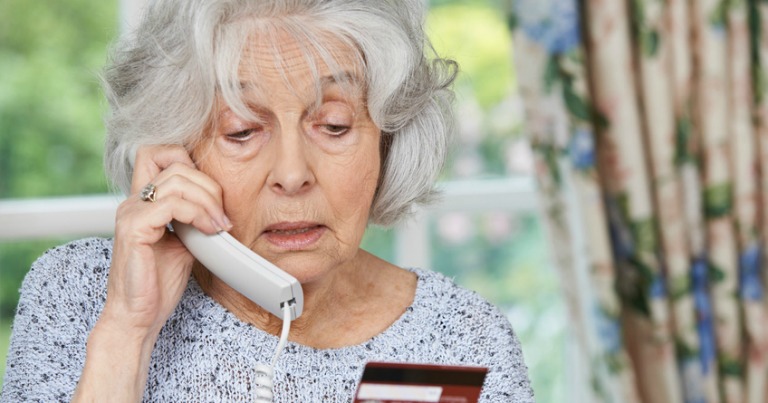With age, comes good times, great memories and lots of wisdom and fulfillment.
As more and more Baby Boomers begin to reach the age of retirement, the likelihood of scammers and con artists attempting to use financial schemes to target seniors receiving personalized elder care, grows.
Freedom Home Care did some digging and found out that according to the National Council on Aging, while the number of older Americans falling victim to fraud is rising at alarming rates, 90 percent of elder abuse associated with finances happens involving another family member.
Because they are more to likely to have savings and retirement accounts, home equity and good credit, older loved ones are prime targets for fraudsters.
Each year, seniors are losing billions of dollars to scams and AARP.com says that once they’ve been victimized by a group or individual, there’s a good chance that it can happen again.
Knowing this, how can you protect your senior against what seems to be an ever-growing threat to their wealth, independence and livelihood?
Experts say that it’s best to not try to clamor for control of your loved one’s finances. This might only make them feel like they can’t handle their money and many times, drive them into isolation – which is exactly what thieves and con artists want.
Anthony Pratkanis, a social psychologist at the University of California, Santa Cruz says
“When protectors take over finances or lecture parents about their mistake, it plays right into the scammers’ hands by threatening the target’s independence.”
For scam victims to admit they were wrong means they’re stupid and unable to take care of themselves,” says AARP’s Douglas Shadel.
Some suggestions they could help ensure that your senior is more open to advice include:
Avoiding shaming or blaming
Having a conversation about the importance of being cautious about money matters.
Getting them involved in helping authorities find scammers by tipping them off or sharing what they know – so that no one else falls prey to the same schemes.
Of course your loved one needs to also be equipped to deal with con artists before they’re taken for their money. Here’s a few thoughts to help them stay vigilant:
Avoid buying from solicitors you’re unfamiliar with.
Always asks for offers from companies or individuals in writing or email.
Get as much information about the organization as possible such as name, business, license number and mailing address.
Ask to be put on the company’s “Do Not Call” list. Consider contacting the National Do Not Call Registry (https://www.donotcall.gov) to file a complaint against telemarketers.
Never provide solicitors with sensitive information over the phone or Internet.
Be on alert for Medicare schemes where you’re being billed for services never received.
Whether your senior lives alone or receives in-home care services, your involvement will ultimately play an important part in keeping them safe. If you are looking for In home care in Chicago, we can assist your senior and give them the comfort of staying in their home.




